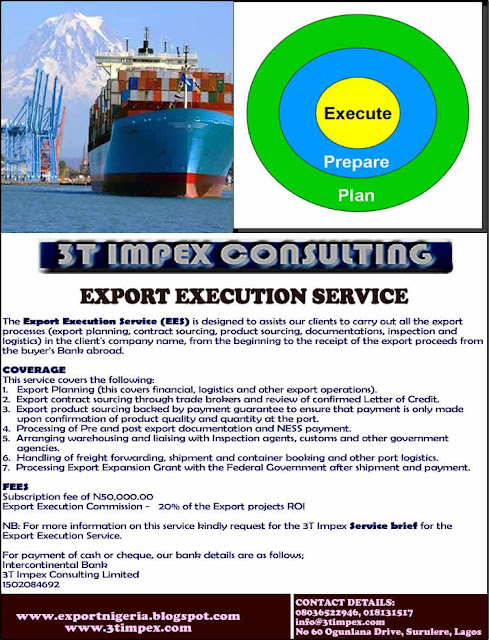| Corporate Headquarters | Abuja, FCT No.40 Blantyre Street, Wuse II, | |
| | ceo@nepc.gov.ng admin@nepc.gov.ng info@nepc.gov.ng sales@nepc.gov.ng | |
| | ||
| Call Center | +234-(0)9-4604201-2 | |
| | ||
| Zonal Offices | Lagos 13/15 Oladipo Oluwoleآ Street Apapa,Lagos, Telephone:آ آ 01-5460027,5872335 e-mail:آ آ lagos@nepc.gov.ng | Kano 16,New Court road, Gyadi Gyadi,Kano. Telephone:064-664711,200832, 311134 e-mail:kano@nepc.gov.ng |
| | | |
| | Akure Ondo State Housing Corporation, Ijapo Estate,P.M.Bآ 746, Ado-Ekiti Road, Akure,Ondo State. Telephone:آ آ 034-242249,240236 e-mail:آ آ akure@nepc.gov.ng | Aba 3,Cassia avenue, G.R.A, Aba Telephone:آ آ 082221150 e-mail:آ آ aba@nepc.gov.ng |
| | | |
| | Jos 14,Langtang street P.M.B 2729,Jos Telephone:آ آ 073457093,455892 e-mail:آ آ jos@nepc.gov.ng | Maiduguri Magaram road,off Lagos street Telephone: 08060618959,08036514740 e-mail:آ آ maiduguri@nepc.gov.ng |
| | | |
| | Minna No.10 Yakubu Lame Road G.R.A. Minna Telephone:آ آ 08033235972 e-mail:آ آ minna@nepc.gov.ng | Benin Ministry of Commerce of Industry 5th floor,state secretariat, Benin ,Edo State. P.M.B 1160 e-mail:آ آ benin@nepc.gov.ng |
| | | |
| | Owerri Cex 8,executive Quarters, Concord Layout Owerri. Imo State. Telephone:آ آ 08033156149 e-mail:آ آ owerri@nepc.gov.ng | Gusau Layin A.A Master Unguwar mallamai, Off Kauran Namoda road, Gusau . Telephone:آ آ 08037876517 e-mail:آ آ gusau@nepc.gov.ng |
Friday, June 24, 2011
Nigerian Export Promotion Council Office Locations In Nigeria
How Do I Obtain An Export License in Nigeria?
The Nigerian Export Promotion Council (NEPC) is the agency saddled with the responsibility of promoting the non-oil export and the issuance of the export licenses in Nigeria.
The license can be obtained within one week in any of the NEPC offices across the country. This license costs NGN10,000.00/ 2year.
To obtain an export license from NEPC as Cooperative society or as a limited liability company. The following documents are required from a limited liability :
1.A duly completed export license application form obtained from the Nigerian Export Promotion Council.
2.Copy of certificate of incorporation
3.Memorandum and articles of association
4.Certified true copy of Form C.O.7 and C.O.2
The original copy of the filled, signed and sealed form and copies of all the other documents will be submitted to the NEPC office.
The Lagos office of NEPC is located at 13/15 Ladipo Oluwole Street, Liverpool Area Apapa, Lagos.
Thursday, June 23, 2011
Saturday, June 18, 2011
Friday, June 10, 2011
Tuesday, June 7, 2011
Trade Synergy between Nigerians at Home and Abroad
Thursday, June 2, 2011
Wednesday, June 1, 2011
Product Profile: Shea Nut
| Features | Percentage |
| Free Fatty Acids (FFA) | less than or equal to 6% |
| Moisture Content | less than or equal to 10% |
| Oil Content | greater than or equal to 45% |
| Latex | 4-10% |
| Impurity | 0-2% |









